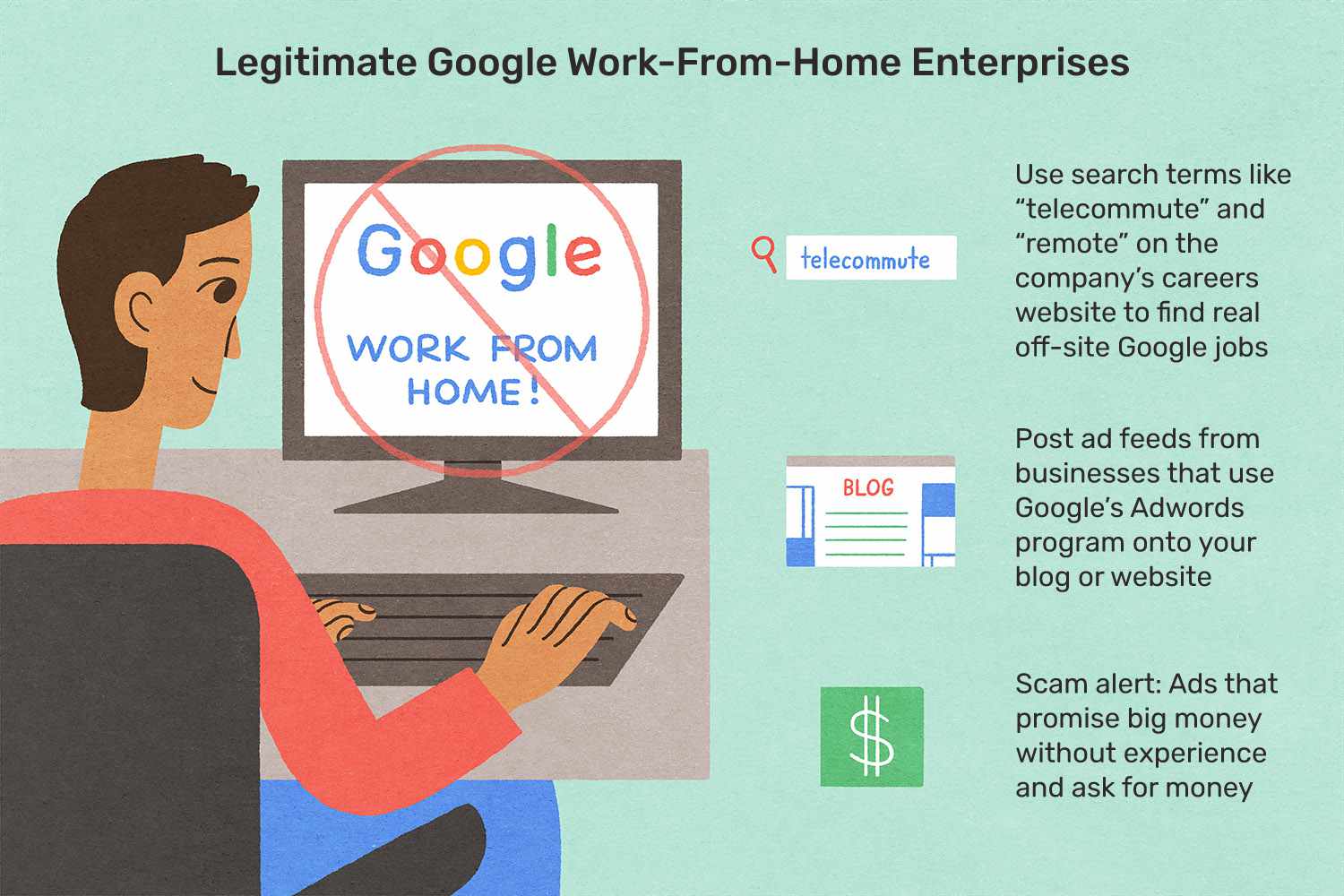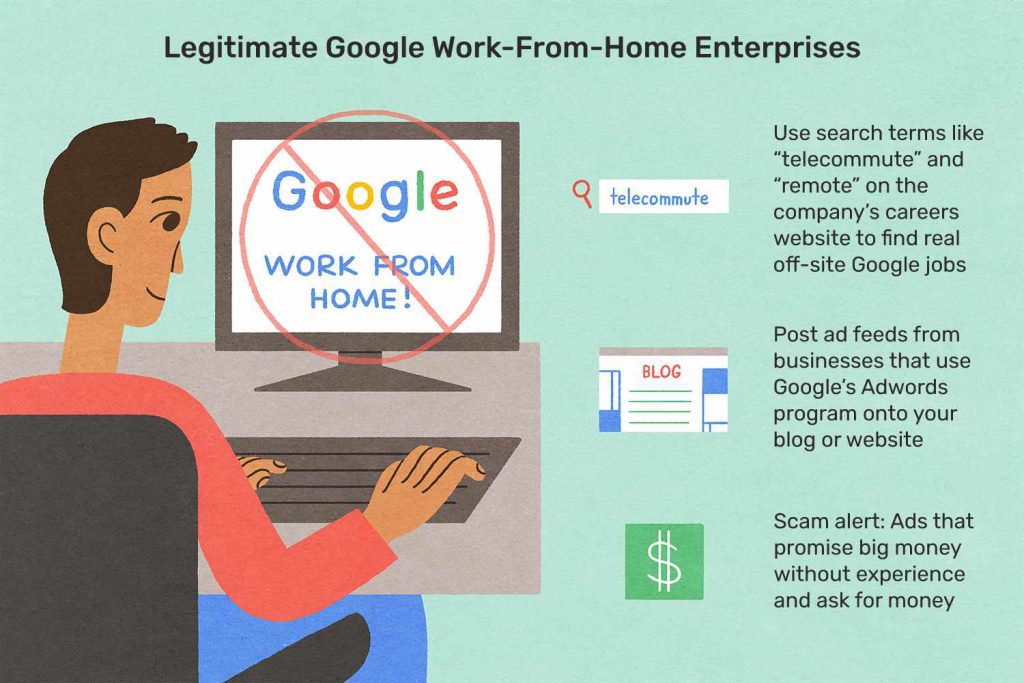Blog
Are Work From Home Jobs Real or Fake? Here’s What You Need to Know

In the era of remote work, the concept of working from home has become more appealing than ever. As companies around the world adapt to flexible work environments, the demand for work-from-home (WFH) jobs has soared. But amidst this surge, a major question has emerged: Are work-from-home jobs real or fake? This article dives deep into what makes these opportunities legitimate, how to identify scams, and how to find genuine work-from-home positions that can enhance your career.
What Are Work From Home Jobs?
Work-from-home jobs allow individuals to perform their professional duties from home instead of commuting to an office. These roles span various industries and positions, including customer service, content writing, data entry, digital marketing, and software development. Whether freelance or permanent, many real jobs can be done from the comfort of your own home.
The Rise of Work From Home Scams
The internet has revolutionized job search, but unfortunately, it has also opened doors for scams. Scammers take advantage of job seekers’ desire for flexibility and independence by promoting fake work-from-home positions that promise high earnings for minimal work. These scams can lead to lost money, personal information theft, or wasted time on tasks with no real payoff.


How to Spot Real vs. Fake Work-From-Home Jobs
When searching for remote opportunities, identifying authentic jobs is crucial. Here are some red flags to watch for:
- Upfront Payment Requirements: A legitimate employer will never ask you to pay upfront for job access, training materials, or background checks.
- Too-Good-To-Be-True Promises: Job ads that offer exorbitant salaries for simple tasks are often scams. While real work-from-home jobs can pay well, high earnings usually come with high expertise or experience requirements.
- Lack of Information: Real companies have a clear online presence, including an official website, social media profiles, and contact details. A vague job ad with limited company information is a red flag.
- Unusual Communication Methods: Professional companies use official email addresses and standard communication channels. If you’re asked to communicate through messaging apps like WhatsApp or Telegram for initial interviews, proceed cautiously.
Types of Legitimate Work From Home Jobs
There are many authentic work-from-home jobs across a range of industries. Here are some popular options:
- Customer Service Representative: Many companies hire remote customer service agents to handle inquiries, complaints, and technical issues. Companies like Amazon and American Express offer these legitimate opportunities.
- Content Writer or Editor: Freelance and full-time content roles are in high demand, with businesses seeking writers for blogs, websites, and social media.
- Virtual Assistant: Virtual assistants perform administrative tasks remotely, such as managing schedules, emails, and data entry.
- Data Entry Specialist: Data entry roles are abundant but often come with lower pay. Always verify the legitimacy of the employer, as data entry is commonly targeted by scammers.
- Social Media Manager: With the rise of digital marketing, businesses need social media managers to create, schedule, and analyze content on various platforms.
Also Read: The Best Work from Home Jobs for Females in 2025
Researching Employers and Platforms
To ensure a job is real, conduct thorough research. Here are some tips:
- Check the Company’s Online Presence: Real employers will have an official website, LinkedIn profile, and other verifiable online information.
- Read Reviews on Glassdoor or Indeed: Employee reviews often reveal insights about the company’s reputation, work culture, and pay structure.
- Use Trusted Job Platforms: Platforms like LinkedIn, Indeed, and Upwork have verification processes that weed out most scams, offering a safer environment for job seekers.
- Look for Verified Job Listings: Some companies, particularly those hiring freelancers, label verified job postings to indicate that they’re genuine.
Common Work From Home Scams to Avoid
Many scams come in a few common forms. Here are some of the most prevalent work-from-home job scams:
- Pyramid Schemes: These scams often involve recruiting others to make a profit. They’re illegal and focus more on recruitment than actual work.
- Fake Data Entry Jobs: Scammers offer high pay for simple tasks like typing or data entry, then ask for personal details or upfront fees.
- Reshipping Jobs: Fraudsters may ask individuals to receive, repack, and reship products. These roles often involve handling stolen goods, making you an accomplice to illegal activity.
- Fake Check Scams: In this scam, you’re sent a check to buy supplies or complete tasks. After depositing it, the scammer will ask for a portion back, but the check eventually bounces, and you’re left responsible for the amount.


Federal Trade Commission – Job Scams
Add this link in the section discussing “The Rise of Work-From-Home Scams” or “How to Spot Real vs. Fake Work-From-Home Jobs.” For example:
“According to the Federal Trade Commission, many job scams target individuals looking for flexible work arrangements, making it essential to recognize the signs.”
Glassdoor – Company Reviews and Job Search
Use this link in the section “Researching Employers and Platforms.” For example:
“Reading employee reviews on Glassdoor can provide valuable insights into a company’s reputation and work environment, helping you verify if a job is authentic.”
Indeed – Work from Home Job Listings
Include this link in “Types of Legitimate Work-From-Home Jobs” or “How to Apply Safely for Work-From-Home Jobs.” For instance:
“Trusted job platforms like Indeed offer verified work-from-home job listings, making it easier to find legitimate opportunities.”
How to Apply Safely for Work From Home Jobs
If you’re actively seeking a Work From Home Jobs Real or Fake, follow these safety guidelines to avoid scams:
- Use Reputable Websites: Stick to well-known job boards and career websites to find work-from-home opportunities.
- Verify Company Details: Always double-check company information on LinkedIn, Google, and professional sites.
- Beware of Vague Job Descriptions: If the job role seems unclear or if you’re asked to perform unrelated tasks, it’s likely a scam.
- Trust Your Instincts: If something doesn’t feel right, or the job’s requirements seem unusual, trust your gut. Legitimate jobs rarely require odd requests or last-minute fees.
FAQs
Q: How can I verify if a work from home job is real?
A: Look for an official company website, check employee reviews on sites like Glassdoor, and ensure the employer has a professional online presence.
Q: Do work from home jobs pay as much as traditional office jobs?
A: Yes, many work-from-home jobs offer competitive salaries, especially in fields like tech, marketing, and finance. Pay depends on the job type, skills required, and company.
Q: Are remote data entry jobs legit?
A: While there are real data entry jobs, this field is highly targeted by scammers. Be cautious and only apply through reputable platforms.
Q: Should I pay upfront fees for a work from home job?
A: No, legitimate employers won’t ask for payment for job access, equipment, or training materials.
Q: Can work from home jobs provide a stable income?
A: Yes, many full-time remote jobs offer a steady income, while freelance work may vary based on the project load.
Final Tips for Securing a Legitimate Work From Home Jobs Real or Fake
Working from home can be incredibly rewarding, offering flexibility and a chance to work for companies anywhere in the world. However, the prevalence of scams makes it essential to approach remote job searches carefully. By focusing on reputable job boards, verifying employer information, and avoiding suspicious job listings, you can navigate the world of remote work safely and successfully.
In conclusion, work-from-home jobs are indeed real, but vigilance is key to avoiding scams. The demand for remote work is increasing, and so are the opportunities, but so is the risk of fraud. Follow the tips outlined in this article, and remember to research thoroughly before committing to any job. If you’re diligent and cautious, you can find legitimate work-from-home opportunities that match your skills and professional goals.
-



 Mod10 months ago
Mod10 months ago10 Best Komban Bus Skin Download – Livery HD Download
-



 Mod12 months ago
Mod12 months ago55 Bus Simulator Indonesia Livery – HD Download
-



 Mod12 months ago
Mod12 months ago10 Best Tamil Nadu Bus Livery – Mod HD Download
-



 Life Style2 years ago
Life Style2 years agoLove Failure Images – 1000 Love hate images for download
-



 Blog12 months ago
Blog12 months ago100 Girls WhatsApp Number for Friendship and Chatting
-



 Mod1 year ago
Mod1 year ago10 Tamil Nadu private bus livery download
-



 Entertainment2 years ago
Entertainment2 years agoAll Movies Hub 2023 Download Latest HD Movies, Web Series
-



 Entertainment1 year ago
Entertainment1 year agoScam 1992 Web Series Download Google Drive HD










